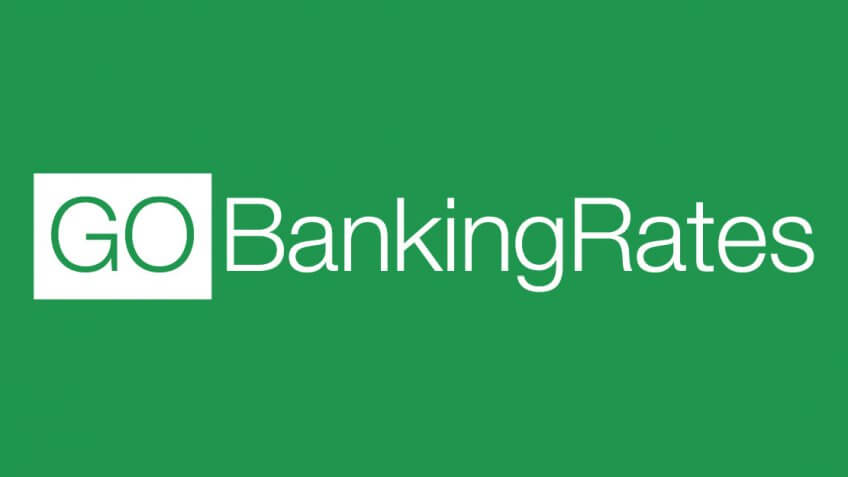Suze Orman: 4 Banking Habits You Should Adopt To Grow Your Wealth

Commitment to Our Readers
GOBankingRates' editorial team is committed to bringing you unbiased reviews and information. We use data-driven methodologies to evaluate financial products and services - our reviews and ratings are not influenced by advertisers. You can read more about our editorial guidelines and our products and services review methodology.

20 Years
Helping You Live Richer

Reviewed
by Experts

Trusted by
Millions of Readers
It’s tempting to think of your banking accounts as adult versions of your piggy bank. Money goes in. Money comes out — only you don’t need a hammer to access your funds. Just like your piggy bank sat on your shelf, ticking down the days until you’d saved enough for that new toy (or, for the less patient, the ice cream man’s delectable wares), your bank accounts can feel like static entities. They’re just kind of there.
But unlike your poor piggybank, you can get more creative and versatile with your banking habits. According to Suze Orman, the way you approach banking can be pivotal to your long-term financial well-being. Instead of saving for the grown-up version of a new toy, you can start the process of growing your wealth.
It’s no surprise that this personal finance icon has dedicated a lot of time to developing these smart habits.
1. Keep Different Accounts for Different Purposes
Don’t treat your savings account like a melting pot for all your financial needs. You know the saying, “too many cooks spoil the broth”? Well, if you have too many financial necessities competing for funds in one account, you might find yourself caught empty-handed when it’s time to pay a bill.
Orman recommends keeping track of your savings by opening different savings accounts for various financial needs, such as accounts dedicated to housing, car payments, or medical bills, among others. You can keep a bird’s-eye view of the money you have reserved for each expense, and make sure you have what you need without depleting your ability to pay another bill.
2. Focus on Your Emergency Savings
If there’s one account that needs constant attention, especially in times of economic uncertainty, it’s your emergency fund. Orman emphasizes building a robust emergency savings account — ideally enough to cover your household expenses for at least a year.
You should also look for ways to grow your emergency fund passively. Orman is a fan of the Ultimate Opportunity Savings Account, but many banks offer high-yield savings accounts that accrue interest over time. Unlike long-term savings vehicles like CDs, high-yield savings accounts allow you to access funds without penalties in case of, well, an emergency.
3. Make Sure Your Money is Federally Insured
Four little letters can offer significant peace of mind when saving in a bank: FDIC. Technically, “Member FDIC,” which stands for the Federal Deposit Insurance Corporation. If you’re banking with a credit union, look for insurance from the National Credit Union Administration, or NCUA.
These designations ensure that up to $250,000 of your deposits are federally protected in the unlikely event that your bank or credit union fails. Planning for a worst-case scenario is always wise when it comes to safeguarding your money.
“You may have a variety of different types of accounts that fall under one of eight different categories. For each category, you have at least $250,000 of insurance,” Orman explains.
These categories include individual deposit accounts, certain retirement accounts such as IRAs, joint accounts, revocable trust accounts, irrevocable trust accounts, employee benefit plan accounts, corporation/partnership/unincorporated association accounts and government accounts.
However, not all financial institutions carry this insurance, so it’s crucial to double-check for those designations.
4. Pay Down Your Credit Card Debt
One of Orman’s most consistent pieces of advice for anyone looking to boost their wealth is to pay down their credit card debt. So, what does that have to do with banking? Fortunately, some banks offer financial counseling for members, as well as various tools and educational resources to help you succeed at major financial milestones — like, you guessed it, paying down your credit card debt.
Smart banking requires treating your accounts as more than glorified piggy banks. Take Suze Orman’s advice: diversify your accounts, focus on building your emergency savings, ensure your money is federally insured, and tackle your credit card debt by using the resources your bank provides.
 Written by
Written by  Edited by
Edited by 

























